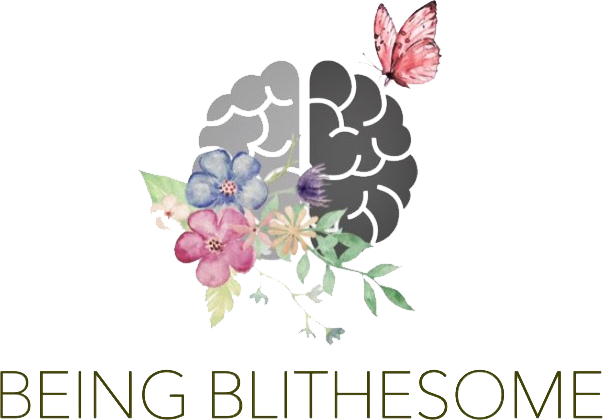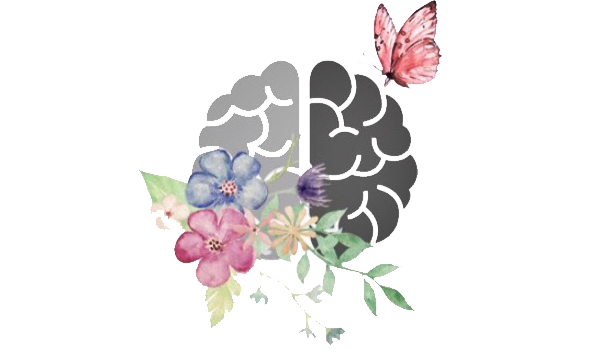Today, each and every individual has moments where they feel sad or low and moreover moody at times, but for a few people these feelings do not go away easily, in fact for them, these feelings stay for a prolonged period of time, which could be for certain weeks, months and even years, which is an indicative of depression. Depression is more than just a low mood–it’s a serious condition that affects an individual’s mental as well as physical health. It can cause deep emotional pain both to the individual experiencing it and often to their close family and friends.
Although depression may occur only once during your life, a few people have multiple episodes of depression, which means it happens to them at a certain period of time, stays for a while and repeats again after a certain period of time. During these episodes, people experience symptoms that occur for most of the day in fact, nearly every day and they include:
- feelings of sadness, tearfulness, emptiness or hopelessness
- angry outbreak, irritability or frustration, even over small matters
- difficulty enjoying activities one used to like
- changes in weight and appetite
- difficulty concentrating
- anxiety, agitation or restlessness
- sleep disturbances, as in getting too much or too little sleep
- suicidal thoughts or even suicide attempts
- unexplained physical ailments such as headaches, muscle or joint pain
For many people with depression, symptoms usually are severe enough to be noticeable in day to day activities, such as at work, school or at any social gathering. Whereas, some people may even feel miserable or unhappy without really knowing why!
Depression can be caused by an individual’s body or their circumstances and sometimes a mixture of both. It is not really known what exactly causes depression. Similarly as with numerous mental disorders, an collection of elements might be included, such as:
- Biological differences
- Brain chemistry
- Hormones
- Inherited traits or genes
Counseling aims to assist or guide the individual to understand why and how depression may be arousing. Depending on one’s circumstances, the therapist may include Behavioral therapy, a program to help the individual increase activity and exercise, assertiveness and relaxation. It will also include Cognitive therapy, which would assist one to understand their thought process, where one can identify and change their negative thoughts and perspectives thereby improving their mood and lifting depression. Often a combination of treatments work best for depression and different types of depression require different treatments, as we all have different contributing factors to which we all respond differently.


